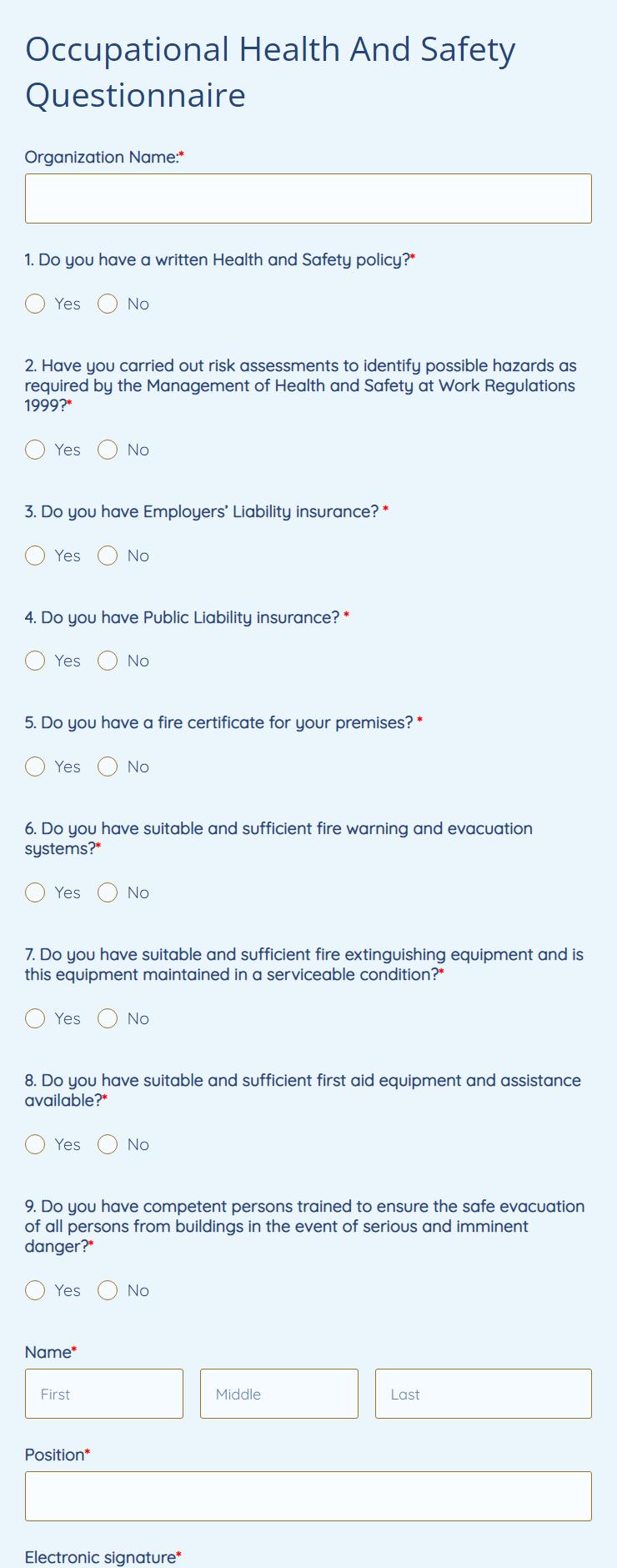Evaluating public health programs is crucial to assess their effectiveness, identify areas for improvement, and justify funding. A well-structured public health program evaluation template can streamline the evaluation process, ensuring consistency and objectivity. In this article, we’ll provide a comprehensive guide to developing and using a public health program evaluation template.
Public health programs aim to improve the health and well-being of communities. They often address complex issues such as chronic diseases, mental health, and access to healthcare. Evaluating these programs is essential to determine if they are meeting their objectives, reaching target populations, and making a positive impact. A public health program evaluation template provides a framework for collecting, analyzing, and interpreting data to make informed decisions about program effectiveness and future directions.

What to Include in a Public Health Program Evaluation Template
A comprehensive public health program evaluation template should include the following components:
- Program Description: A brief overview of the program, including its goals, objectives, target population, and implementation strategies.
- Evaluation Plan: A detailed outline of the evaluation process, including data collection methods, analysis techniques, and reporting procedures.
- Data Collection Instruments: The tools used to collect data, such as surveys, interviews, focus groups, and administrative records.
- Data Analysis Plan: The statistical and qualitative methods used to analyze the data and draw conclusions.
- Reporting and Dissemination Plan: A plan for communicating the evaluation findings to stakeholders, including program staff, funders, and the public.
Considerations for Developing a Public Health Program Evaluation Template
When developing a public health program evaluation template, it’s important to consider the following:
- Program Context: The unique characteristics of the program, such as its target population, setting, and resources.
- Evaluation Purpose: The specific questions the evaluation is intended to answer, such as assessing program effectiveness or identifying areas for improvement.
- Evaluation Resources: The time, personnel, and budget available for the evaluation.
- Data Quality: The reliability and validity of the data collection methods used.
- Stakeholder Involvement: Seeking input from program staff, participants, and other stakeholders to ensure the evaluation is relevant and useful.
Conclusion
A well-designed public health program evaluation template is an invaluable tool for assessing the effectiveness of public health interventions. By providing a structured and standardized approach, it helps ensure that evaluations are conducted consistently, objectively, and transparently. This enables evidence-based decision-making about program implementation, resource allocation, and future directions. Ultimately, public health program evaluation templates contribute to the advancement of public health practice by promoting accountability, continuous improvement, and the delivery of effective programs that improve the health and well-being of communities.
